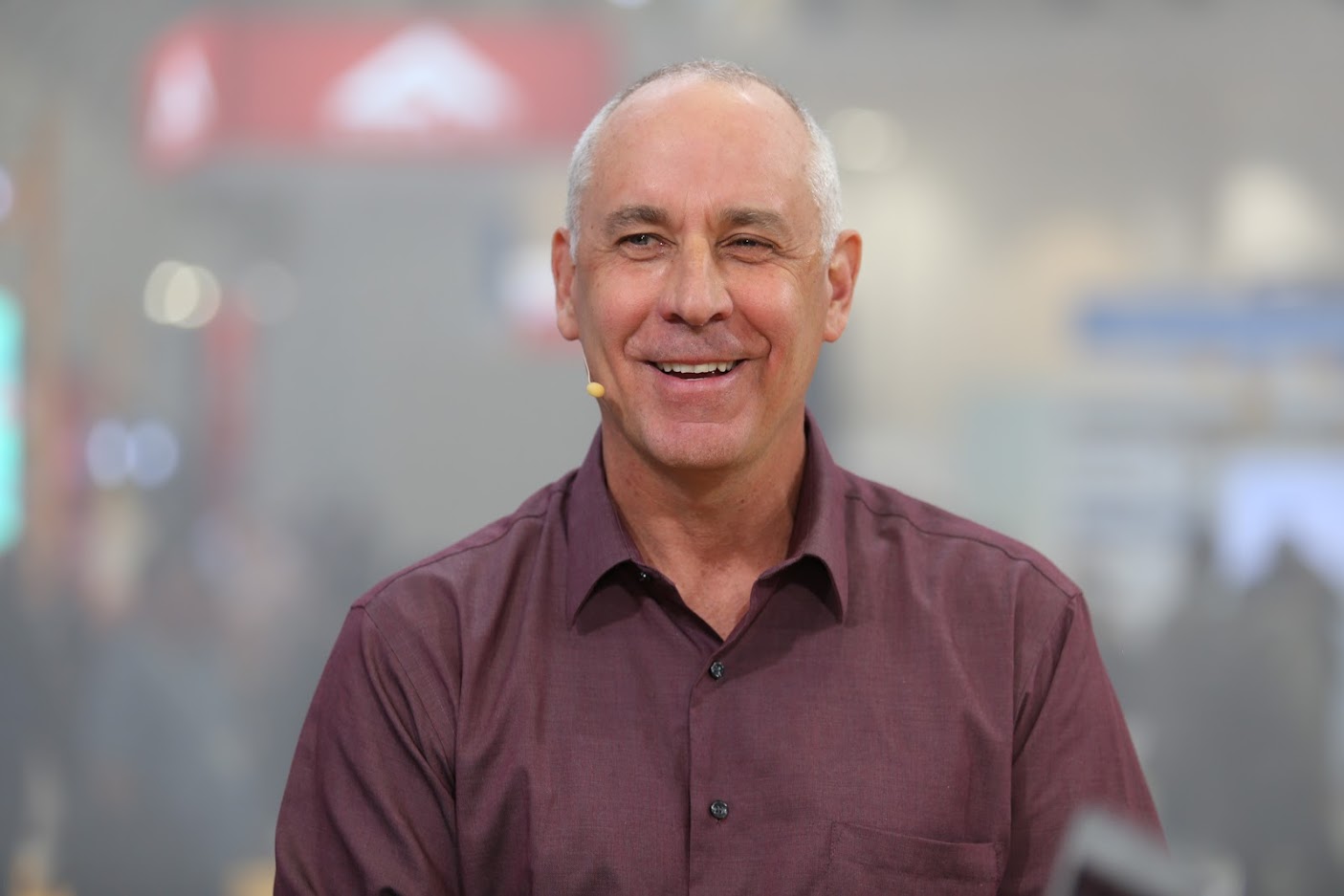 CLOUD
CLOUD
 CLOUD
CLOUD
 CLOUD
CLOUD
Even as Google has built one of the world’s most successful businesses on cloud computing, translating its innovations into enterprise-ready services has been a challenge in a competitive field. Now under new leadership and rebranded as Anthos, the contemporary Google Cloud Platform is the result of a series of decisions spanning open-source partnerships and storage technologies, layered with strong software support for a multicloud world.
“I’ve been working with Google on their cloud efforts for almost 10 years now, and it started back when Google was about to get into the cloud business. They had to decide whether they were going to use KVM or Xen as their hypervisor, and we helped them do that,” said Mike Evans, vice president of technical business development at Red Hat Inc., noting his company’s role in aiding Google’s contemplation of open-source hypervisors for running their virtual machine services.
Evans spoke with Dave Vellante (@dvellante) and Stu Miniman (@stu), co-hosts of theCUBE, SiliconANGLE Media’s mobile livestreaming studio, during the Google Cloud Next event in San Francisco. They discussed the OpenShift service and the different kinds of cloud services and their providers (see the full interview with transcript here). (* Disclosure below.)
[Editor’s note: The following answers have been condensed for clarity.]
Miniman: Speak on the engineering relationships going on, joint customers that you have, and the value.
Evans: Through the years, we’ve really done a lot of work to make sure that [Red Hat Enterprise Linux], at the foundation works really well on GCP. So that’s been a really consistent effort on whether to round optimization for performance, security elements. So that provides a nice base for anybody who wants to move any workload, or application, from on-prem over there, or from another cloud, and that’s been great.
Vellante: Multicloud is a sort of evolved form multi-vendor. How do you guys look at it? Is multicloud a strategy? How do you look at hybrid?
Evans: It’s simple in my mind, but I know the terms get used by a lot of different people in different ways. Hybrid cloud, to me, is just that straightforward, being able to run something on-premise, being able to run something in a public cloud, and have it be somewhat consistent or shareable/movable. And multicloud is being able to do that same thing with multiple public clouds. And then there’s a third variation on that, wanting to do an application that runs in both and shares information.
Miniman: But it’s [Google Kubernetes Engine] on top of those public clouds. Give us a little bit of contrast of that compared to OpenShift, because OpenShift lives in all of these environments too, but they’re not fully compatible. How does that work?
Evans: Anthos, which was announced yesterday … is a validation of what our message has been. Hybrid cloud is a value; multicloud is a value. Also, it puts us in a competitive environment more with Google than it was yesterday, or two days ago. But, again, that’s our normal world, right? We partnered with IBM and HPE and competed against them on Unix. That said, we believe with OpenShift having five-plus years in market, over a thousand customers, very wide deployments, and already running in Google, Amazon and Microsoft Cloud, [we’re] already there, and solid, and people are doing real things with it.
Watch the complete video interview below, and be sure to check out more of SiliconANGLE’s and theCUBE’s coverage of the Google Cloud Next event. (* Disclosure: Red Hat Inc. sponsored this segment of theCUBE. Neither Red Hat nor other sponsors have editorial control over content on theCUBE or SiliconANGLE.)
Support our mission to keep content open and free by engaging with theCUBE community. Join theCUBE’s Alumni Trust Network, where technology leaders connect, share intelligence and create opportunities.
Founded by tech visionaries John Furrier and Dave Vellante, SiliconANGLE Media has built a dynamic ecosystem of industry-leading digital media brands that reach 15+ million elite tech professionals. Our new proprietary theCUBE AI Video Cloud is breaking ground in audience interaction, leveraging theCUBEai.com neural network to help technology companies make data-driven decisions and stay at the forefront of industry conversations.